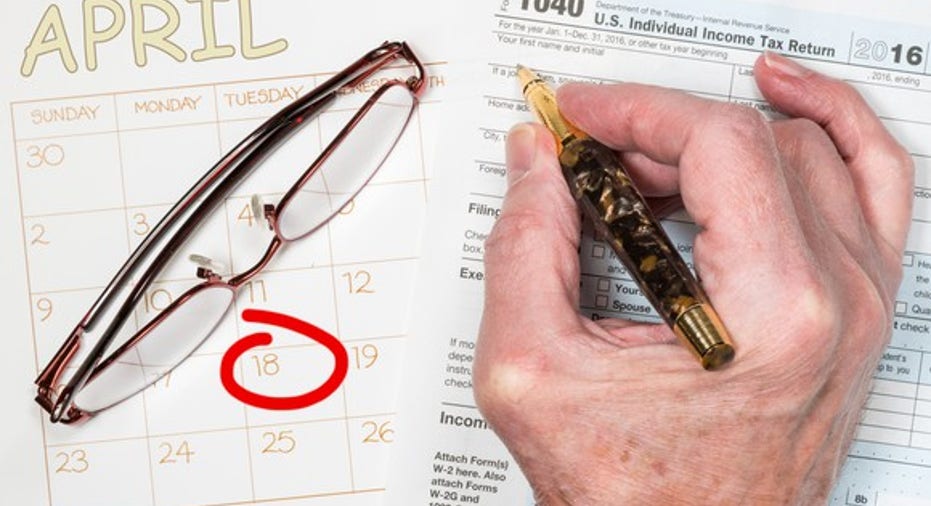Scrambling Ahead of Tax Day? You Are Not Alone -- Here's Advice

April 15 is typically the deadline for filing your federal income tax returns, however for you last minute filers, this time around you get a few extra days as thanks to some luck from the calendar, Uncle Sam’s deadline this year is April 18.
According to the Internal Revenue Service, 20-25% of all Americans wait until the last two weeks before the deadline to prepare their tax returns. If you are guilty of waiting until the last minute there are two things you can do, file your taxes quickly, or request an extension.
If you are going it alone, IRS research shows that seniors are likely to make errors when preparing their own tax returns. It offers tax tips to help you avoid some of the common errors dealing with standard deductions for seniors and the taxable amount of Social Security benefits.
And once you have filed, how long should you keep your tax records?
According to the IRS website, you should keep records for 3 years from the date you filed your original return or 2 years from the date you paid the tax, whichever is later, if you file a claim for credit or refund after you file your return. And it says to keep records for 7 years if you file a claim for a loss from worthless securities or bad debt deduction.
When your records are no longer needed for tax purposes, the IRS says you should not discard them until you check to see if you have to keep them longer for other purposes. For example, your insurance company or creditors may require you to keep them longer than the IRS does.
And remember that tax season is also a breeding ground for cyber thieves and fraudsters. Be cautious.
"The IRS handles much of its business the old-fashioned way—and that can be a good thing. Normally, contact from the IRS comes via snail mail," said Matthew Sadowsky, director of retirement and annuities, TD Ameritrade.
Given that is the case, he reminds all last minute filers to be wary of scams.
"[IRS] agents are not going to ask you to send money immediately over the phone with a wire transfer or credit card. To avoid scams, never give out your Social Security number, credit card number, or personal information to anyone who calls you on the phone," Sadowsky said.



















